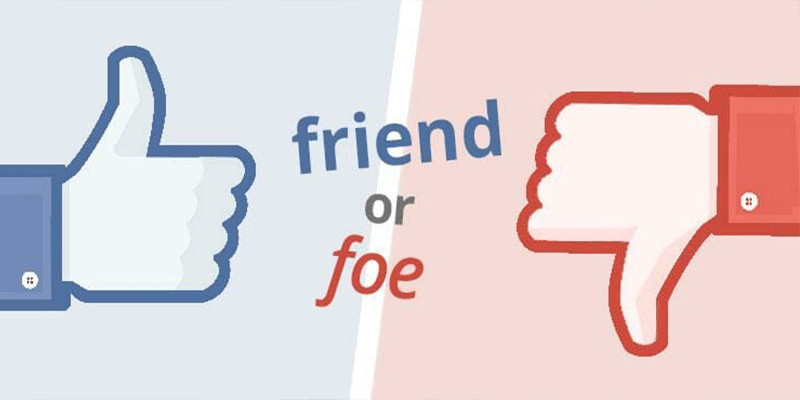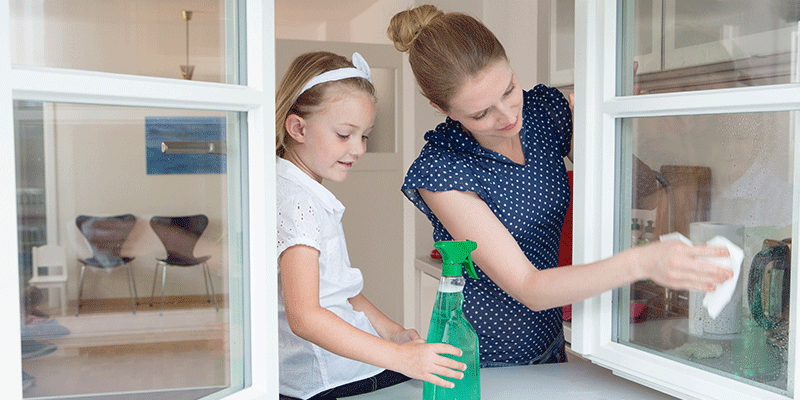
Help your child navigate his social world by equipping him with the skills he needs to choose friends wisely.
I came to the realization this past year that the days of handpicking my son’s friends are officially over. As a kindergartner, Christian spent the better part of each weekday with 16 other kids, 14 of whom I had never met.
Being a high-energy kid himself, Christian was drawn to the other high-energy kids in class, some of whom didn’t always choose the best way to express that energy. After watching these little guys in action, I found myself wondering what I could do to help Christian choose some other friends that would bring out the best in him, rather than the worst. By reading up on the subject, discussing it with my pediatrician, and talking with parents who’ve already navigated these waters before, I’ve discovered there are some ways parents can help encourage healthier relationships in their children’s lives.
Educate
The best advice I received was to approach teaching Christian how to recognize a good friend, just as I would teach him about bike safety or stranger danger or any other important subject dealing with his health, safety, and well being. At 6, Christian is just beginning to learn how to build a relationship. The more I can guide him in this process, the better off he’ll be. Talk with your child often about how friends should treat one another. Explain that good friends respect others, follow the rules, and help those in need. The more children know about what makes a good friend, the easier it will be for them to recognize one when they meet that child — and to be one himself.
Emulate
As you strive to teach your child about healthy friendships, don’t forget to model them in your own life. Demonstrating good relationships skills with your spouse or partner, and taking time to nurture close friendships with others, is as important as simply talking about these skills if not more so.
“Children learn how to relate to people outside of their family from relationships within the family,” explains Ed Schor, M.D., FAAP, and editor of Caring for Your School-Age Child, Ages 5 to 12. “One would hope that the parents would be friends and would get along well, compromise, etc. Children learn from those exchanges.”
Last Updated 1/25/2016
Source Healthy Children Magazine, Back to School 2007
The information contained on this Web site should not be used as a substitute for the medical care and advice of your pediatrician. There may be variations in treatment that your pediatrician may recommend based on individual facts and circumstances.






